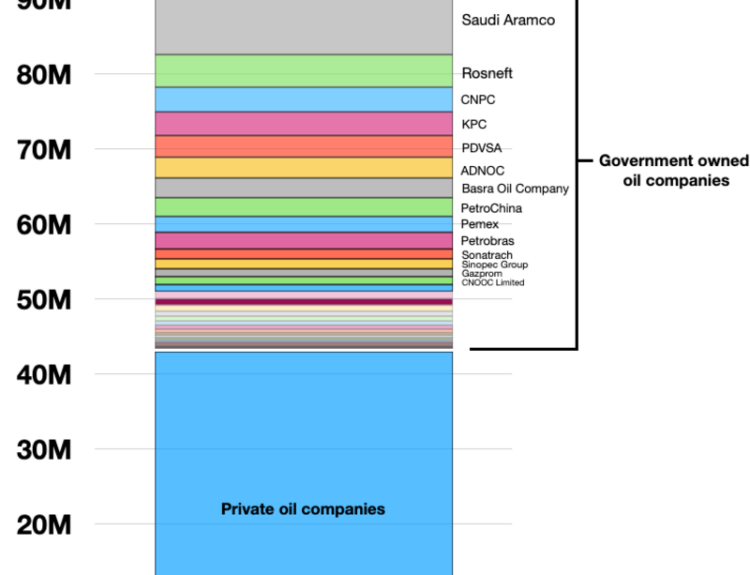Regulators are taking action against companies with restrictive confidentiality agreements
- SEC is cracking down on nondisclosure agreements that inhibit whistleblowers
- Companies are reviewing their confidentiality agreements in response to SEC fines
- Whistleblowers are a key source of information for the SEC’s enforcement efforts
- Recent fines have prompted companies to reevaluate their employment contracts
- Nondisclosure clauses in technology companies are still common
Companies are facing scrutiny from the U.S. Securities and Exchange Commission (SEC) over nondisclosure agreements that may impede whistleblowers from reporting corporate wrongdoing. The SEC has recently fined several companies for language in their employment contracts that could discourage employees from reporting misconduct. This focus on nondisclosure clauses highlights the importance of whistleblowers to the SEC’s enforcement efforts. Companies are now reevaluating their confidentiality agreements and trying to determine if they may be seen as inhibiting whistleblower tips. Technology companies, in particular, are still commonly using nondisclosure clauses. The recent fines have prompted companies to review and revise their employment contracts to comply with whistleblower-protection rules. However, without clear guidance from the SEC, employers are finding it challenging to strike a balance between protecting confidential information and not inhibiting whistleblowers. It is crucial for companies to update their policies and trainings to ensure they are not employing restrictive agreements that deter whistleblowers.
Public Companies: D.E. Shaw (null), CBRE Group (null), Activision Blizzard (null)
Private Companies: Monolith Resources
Key People: Stephen Kohn (partner at law firm Kohn, Kohn & Colapinto), Gurbir Grewal (SEC’s enforcement division chief), Tammy Marzigliano (partner at law firm Outten & Golden), Gregory Keating (partner at law firm Epstein Becker & Green)
Factuality Level: 8
Justification: The article provides information about recent actions taken by the U.S. Securities and Exchange Commission (SEC) against companies with employment contracts that may inhibit whistleblowers from reporting corporate wrongdoing. It includes quotes from lawyers representing both companies and whistleblowers, as well as statements from the SEC’s enforcement division chief. The article also mentions specific fines imposed on companies for violating whistleblower-protection rules. Overall, the article provides factual information about the SEC’s actions and their impact on companies’ employment contracts.
Noise Level: 7
Justification: The article provides information on recent actions taken by the SEC against companies with employment contracts that inhibit whistleblowers. It discusses the impact of these actions and the importance of whistleblowers to the SEC’s enforcement efforts. The article also mentions the shifting attitudes around nondisclosure agreements and the use of craftier language to discourage reporting. It provides insights from lawyers and experts in the field. However, the article lacks data or examples to support its claims and does not provide actionable insights or solutions.
Financial Relevance: Yes
Financial Markets Impacted: The article pertains to the U.S. Securities and Exchange Commission (SEC) taking actions against companies whose employment contracts have language that might inhibit whistleblowers from reporting potential corporate wrongdoing. This could impact the financial markets as it relates to regulatory compliance and potential penalties for companies.
Presence of Extreme Event: No
Nature of Extreme Event: No
Impact Rating of the Extreme Event: No
Justification: The article discusses the SEC’s actions against companies with employment contracts that may hinder whistleblowers from reporting corporate wrongdoing. While this does not describe an extreme event, it is relevant to financial markets and regulatory compliance.
 www.wsj.com
www.wsj.com 





